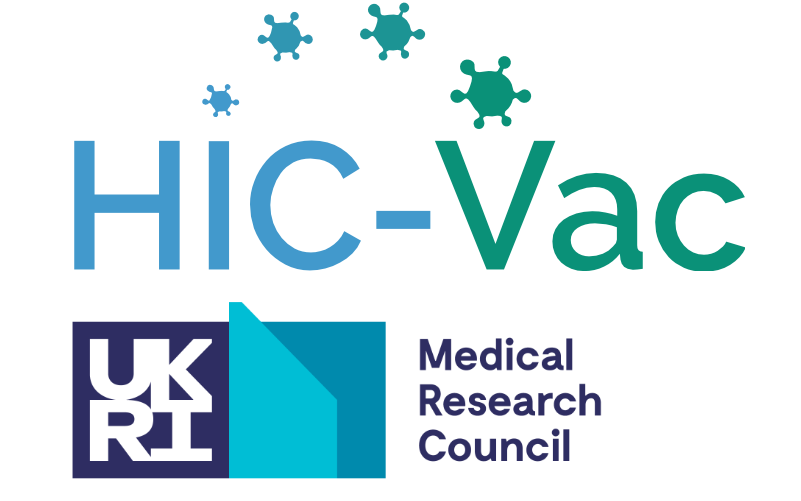The 2nd HIC-Vac Annual Meeting took place on 12-13 November, 2018, in the beautiful Liverpool Medical Institute. Around 70 delegates attended the meeting, with members travelling from countries all across the globe, including Nigeria, Nepal and the Netherlands, to take part.
The Operational Lead at HIC-Vac and a Senior Lecturer at Imperial College London, Dr John Tregoning, shares his highlights from the meeting.
The concept behind human infection studies – deliberately infecting someone with a virus, bacteria or parasite to study human disease – sounds a bit paradoxical to many people. Doctors aren’t mean to make people ill, surely? But throughout our Annual Meeting we were discussing exactly this field of research – how to make it safe and acceptable to volunteers taking part in human infection studies, and the wider benefits they bring to society as a whole.

HIC-Vac’s second annual network meeting demonstrated the breadth of research in the field and the variety of infectious microbes being studied through human challenge.
The meeting opened with some high-level overviews of two well-established programmes of human infection study research. Firstly, Professor Daniela Ferreira talked about the Streptococcus pneumoniae studies carried out at the Liverpool School of Tropical Medicine (The Experimental Human Pneumococcal Carriage (EHPC) Consortium). More than 1,250 volunteers have taken part in this research programme and Professor Ferreira presented some of the key findings that have come out of her studies – understanding the immune response to the bacteria (including differences between men and women), the reduced ability to fight pneumococcal bacteria after a flu infection, and how bacteria can spread on hands (take home message – wash those hands!).
The second overview came from Professor Andrew Pollard, focussed on typhoid studies run at the University of Oxford (the Oxford Vaccine Group). The presentation covered optimising the study protocols, the immune response to typhoid infection, and how the programme had contributed to the development of a new vaccine. An interesting fact from the talk was regarding the environmental persistence of different strains including those used in his research – S. typhi can survive for up to 70 days in 4-degree river water!
The first day finished with the meeting’s keynote speaker, David Taylor-Robinson. David had an amazing career; beginning at the Common Cold Unit in Salisbury and then going on to discover new species of mycoplasmas. It was a first-hand account of pioneering research, and the development of ethical guidelines for running human infections studies.
The second day started with quick-fire updates from HIC-Vac funded researchers. The talks covered studies of the live attenuated flu vaccine, RSV infections in children in Kenya, rotavirus, and Salmonella typhi. The breadth of infections and progress made in a short space of time with a small start-up award was impressive.
The final talks were on wider topics relevant to human infection studies. We heard about considerations for the commercial manufacture of the bacteria, viruses and parasites that are used in these studies, ethical principles of human infection studies, and the international funding landscape from representatives from the Bill and Melinda Gates Foundation, MRC and Wellcome Trust.
In addition to the high quality of the talks, one of the most exciting aspects of the meeting in my opinion was the sense of unified purpose across the investigators, who came from 36 different institutions and 14 different countries. In the 18 months since forming, the Network has really come together as something bigger than the sum of its parts, with multiple cross-institution collaborations. There was also a free flow of advice between partners on the technical, regulatory and ethical aspects of this complex area.
One of the aims of the network was to leverage UK based skill and experience to support the development of human infection studies in low and middle income countries (LMICs). A number of the speakers at the event were from partner institutions in LMIC, developing the research leaders of the future.
I can’t wait for the next meeting of this wonderful network.
Dr John Tregoning

